These kids can be tricky. They can dispute, defy & dismiss even the most reasonable of requests.
Up to 16% of children & teens meet the diagnostic criteria for oppositional defiant disorder (ODD). I have written entire books on helping their parents support their tricky behaviours. This paper is about helping to set them up for success to succeed in learning.
Tricky kids can range from the merely argumentative to the destructive & aggressive. At times lying, stealing & cheating may also occur. Often they say, ‘you can’t make me’ and the truth is, they are right.
These reactions alone create enough obstacles to learning but an avoidant fear of failure is also common among these kids. Often these are learners who have an ‘all or nothing’ mindset. They can be inflexible in their thinking, patchy in persistence and explosive when things don’t work out. No learning occurs for them if the relationships they have with teachers & parents are not supportive.
Engaging these kids in learning requires that they feel they can succeed. A way to help them is, when they are calm, to invite them to complete the analysis of their learning strengths at www.mylearningstrengths.com The free letter will be helpful but with these kids I recommend you consider purchasing the full Personalised Learning Success Plan ($20).
Start with what is strong and then see if you can help them to transfer those abilities into other areas.
Common features of kids with oppositional defiance include:
– an over-active amygdala increasing the intensity of fear and anger and
– an over-active anterior cingulate gyrus which
can cause them to overly and repeatedly focus on negative feelings.
The daunting task of engaging these kids in learning can cause parents and teachers to lower their expectations. This is a mistake. These kids are often very clever and can be highly successful. One of the most powerful ways to increase the well-being and resilience of these kids is keeping & engaging them in learning & school.
Spatial Reasoning
Artistic skills are quite common with these kids. They often like to draw. Some will also be attracted to action figures, Minecraft and manga. Computer games give them dopamine hits, a sense of control and a place to express strong emotions.
Building from this into spatial reasoning requires investigating with them issues like ballistics, trajectories of projectiles, movement of figures across terrain.
Perceptual- Motor Skills
Often they are drawn to action and to doing things rather than to thinking them over too deeply. Pairing ideas with movements, talking to them while walking beside them, asking them to point to main ideas or sometimes, to act a concept out can be helpful.
Concentration and Memory
While these kids might be able to quote chapter and verse in the midst of an argument, concentration is not often their main learning strength. Two issues are often present: firstly a tendency to over-focus on an aspect of something; and two, being easily distracted. Prompting them, gently, to focus on the most important issue or task at hand helps them.
Planning and Sequencing
Typically, oppositional children are more reactive than proactive. For this reason, planning especially is an undiscovered learning strength. However, setting plans & schedules to achieve outcomes they deem to be worthwhile is a great opportunity to develop in this area.
Help them to learn to ‘imagine forward & plan backwards’. This involves defining a goal or outcome they want and then specifying the steps needed to create that result.
You may find that they plan more easily by using post-it notes for each of the steps.
Thinking and Logic
Oppositional kids can develop learning strengths in thinking and logic by using thinking routines. These help them to tune in to their own self-talk and develop the skills of self-questioning.
These are set questions that help them to analyse situations and their thoughts:
What is the most important thing?
What am I telling myself about this?
What am I feeling about it?
Should I believe that my feeling is right?
Are there any other points of view could I consider?
What is the outcome I would like?
What are some ways that could happen? What is the best way?
People Smarts
This is usually an area of major challenge for these kids but their future success requires developing some people smarts.
Kids with tricky behaviours are often exceptionally loyal to the people they trust. Unfortunately they are more likely to interpret people they don’t know or trust as hostile.
Helping them to work who to trust & discussing with them how to determine trustworthiness is important to the development of people smarts.
Developing the art of calming down is essential. The world is not always a fair and just place & losing your cool over every injustice is not effective.
Language and Word Smarts
These kids can be extremely articulate when angry but mono-syllabic when morose or sullen. As such, their strengths in language and word smarts are variable.
The passive nature of reading will be intolerable to some of these kids who may prefer films and game based ways of learning. This, however, is not true of all kids with oppositional defiance. Some find the safety of an imaginary world in a book to be comforting and calming.
Number Smarts
The essential number smarts to have these kids learn is probability. Learning to weigh up options and consider the probability of different outcomes sets them up for success.
For example:
If I yell out at my teacher what is the probability that I will get what I want? – not sure- 50/50 In the short term?- maybe- 70/30
In the long term? – no- 0/100
Probability thinking links to percentages of chances & developing this skill applies number smarts to being able to control your impulses.
Kids with defiant behaviours will not be perfect in doing this (very few of us are). Nevertheless, helping them to go through a process of considering probabilities for the big decisions in their life will make a major difference.
In summary because these kids present behavioural challenges doesn’t have to mean they can’t succeed at school. By learning to use what they are already good at they can be helped to grow in other areas and their experience of success will develop their confidence and self-esteem.
Of course, the strategies mentioned in this paper don’t only apply to young people. They may also help some adults.
More information:
Andrew’s website
www.mylearningstrengths.com has helped over 11,000 young people in the past year discover their learning strengths.
On Facebook:
andrewfullerpsychologist
Learning Strengths
Books for Parents
Unlocking Your Child’s Genius
Tricky Behaviours
Book for Teachers
Neurodevelopmental Differentiation- Optimising Brain Systems To Maximise Learning (Hawker-Brownlow).


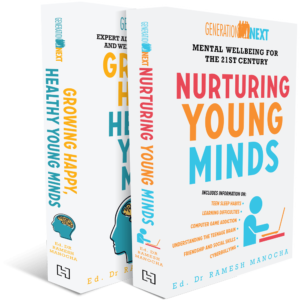
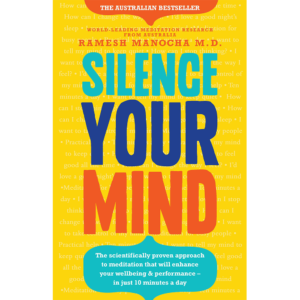

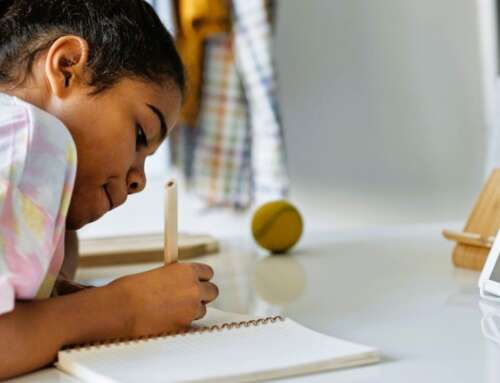
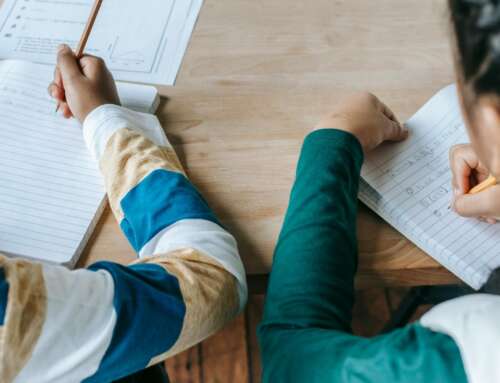

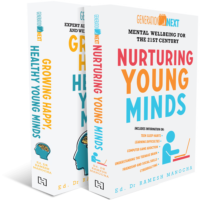
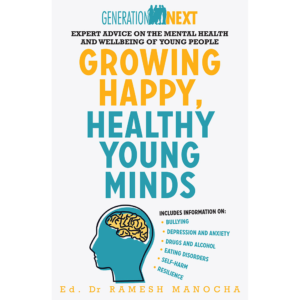
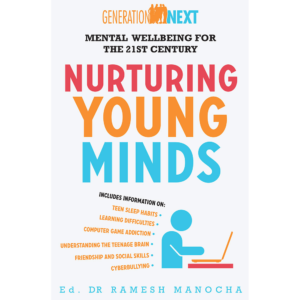
Such an important and misunderstood topic within our community .
Very clear explanations to support stressed relationship.